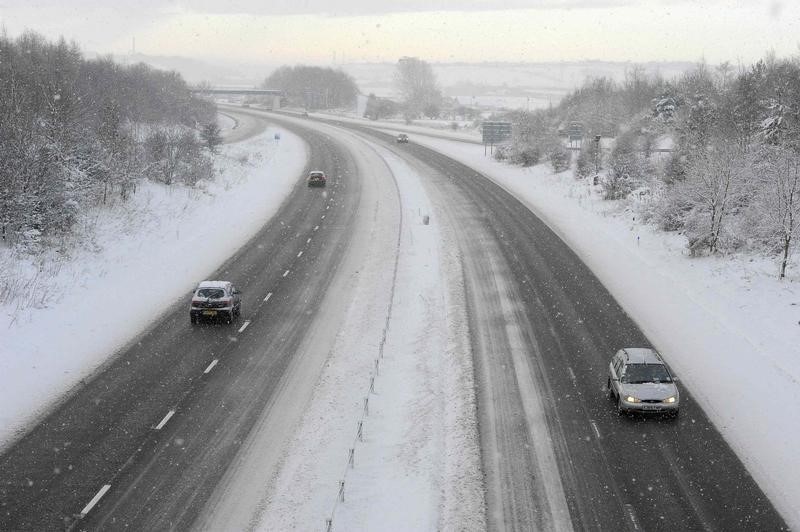(Reuters) - British insurer esure Group Plc (L:ESUR) reported a near 30 percent increase in full-year pretax profit, boosted by higher prices for motor insurance, but lowered its full-year dividend to retain capital.
Esure, which also provides insurance products for home owners, pet owners and holiday makers, said pretax profit rose to 134 million pounds in the year ended Dec. 31, 2015, from 103.3 million pounds a year earlier.
The company said it would pay a final dividend of 7.3 pence per share, taking the total dividend to 11.5 pence per share, down from 16.8 pence last year.
Esure also said it would retain capital to "deliver stakeholder value over the medium to long term".
The insurer's shares were down 3.2 percent at 255 pence at 0831 GMT on Tuesday on the London Stock Exchange, after touching a low of 251.30 pence.
Deutsche Bank (DE:DBKGn) analysts called the dividend payout below expectations and said the company's outlook for 2016 looked marginally below consensus.
Esure, which was founded in 2001 as a joint venture between entrepreneur Peter Wood and Halifax Plc, said it expected gross written premium to increase 10-15 percent in 2016.
The insurer expects total policy growth of 4-6 percent in 2016 and combined operating ratio in motor and home of 97-98 percent in 2016.
On the new European capital rules for insurers that came into effect in January, esure said its coverage ratio was 123 percent as at Dec. 31. RBC Capital Market analysts said the ratio was low compared with their expectation of about 150 percent.
Esure's gross written premiums rose 6.3 percent to 550.3 million pounds in 2015. Gross written motor premiums increased 7.4 percent and accounted for about 84 percent of total premiums.
The price for British motor insurance, which accounts for the lion's share of esure's business, has been under pressure in the past few years as the growth of price-comparison websites spurred competition.
But in the past few quarters prices have been increasing as high levels of claims, some of which insurers say are fraudulent, have helped to push up motor premiums.
Lower oil prices have also encouraged more vehicles on the roads, pushing up accident claims, analysts said.
